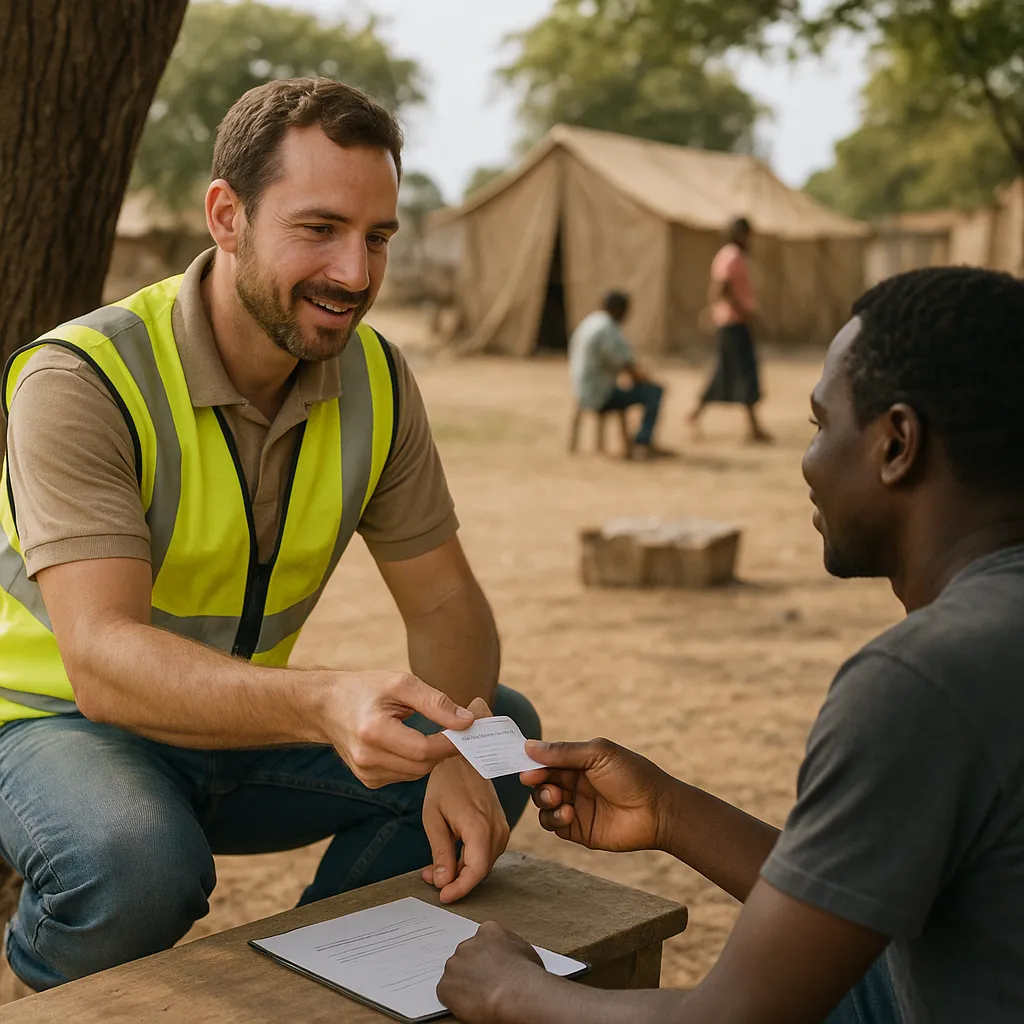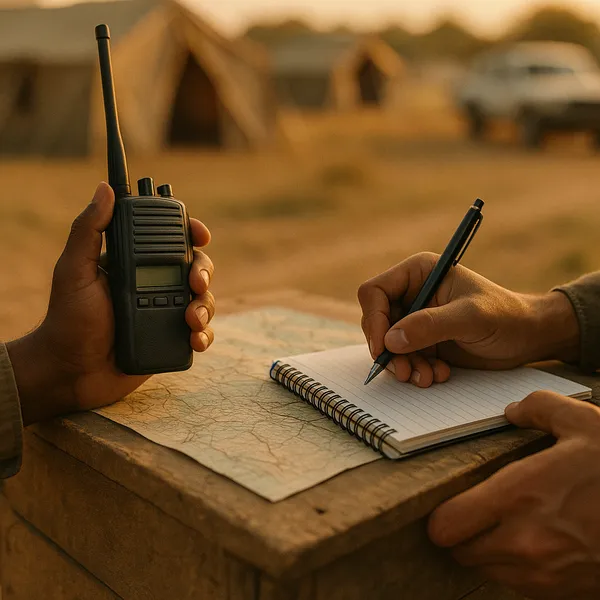Operational Protocols for SEAH Risk Mitigation in High-Risk Field Deployments
Published on: Sat May 25 2024 by Ivar Strand
Introduction
The foundational principle of all our work is an unwavering commitment to “Do No Harm.” We recognize that operating in development, humanitarian, and post-conflict contexts involves inherent power imbalances between our personnel and the communities we serve. This dynamic creates an unavoidable risk of Sexual Exploitation, Abuse, and Harassment (SEAH)—a risk that we have an absolute and unconditional responsibility to mitigate and address.
At Abyrint, we maintain a zero-tolerance policy for SEAH in any form. This is not a passive stance but an active commitment that requires a comprehensive, multi-layered safeguarding framework. This paper outlines the pillars of this framework, which guides our daily operations and underpins our corporate responsibility.
Pillar 1: Prevention – Building a Culture of Safeguarding
The most critical element of any safeguarding policy is prevention. Our approach is to foster an organizational culture where every team member understands their role in preventing SEAH.
- A Zero-Tolerance Code of Conduct: All employees, consultants, and subcontractors, regardless of their role or seniority, are required to sign and adhere to a strict Code of Conduct. This document explicitly defines and prohibits all forms of sexual exploitation, abuse, and harassment, outlining clear behavioural expectations and the consequences of any violation.
- Rigorous Vetting and Training: Our hiring process includes thorough background checks for all personnel. Furthermore, every staff member must complete mandatory and recurring training on safeguarding principles, power dynamics, identifying risks, and their personal responsibilities under our SEAH policy.
- Context-Specific Risk Assessments: We recognize that SEAH risks vary by context. Before beginning fieldwork, every project undergoes a specific SEAH risk assessment to identify potential vulnerabilities related to the local culture, project activities, and the specific populations we will engage with. This allows us to design and implement tailored mitigation measures from the outset.
Pillar 2: Reporting – Providing Safe and Accessible Channels
A policy is only effective if individuals feel safe and empowered to raise concerns. We are committed to maintaining reporting channels that are accessible, confidential, and free from any fear of reprisal.
- Multiple, Confidential Pathways: We provide several distinct channels for staff, partners, and community members to report a concern. These include the ability to report directly to any manager, to a designated and trained Safeguarding Lead, or via a secure, confidential email address that is monitored independently from project management. The objective is to remove barriers and ensure no one is silenced.
- Community Awareness: We have an affirmative duty to inform project participants and community members about our behavioural standards and their right to a safe environment. We communicate our commitments and the available reporting channels in local languages and through culturally appropriate means.
- Protection from Retaliation: Our policy explicitly prohibits any form of retaliation against an individual who reports a SEAH concern in good faith. Any act of reprisal is itself considered a serious breach of our Code of Conduct and will be subject to disciplinary action.
Pillar 3: Response – A Survivor-Centered Approach
When a concern is raised, our response is guided by a survivor-centered approach, where the rights, needs, and wishes of the alleged survivor are the primary consideration.
- Prioritizing Survivor Well-being: Our first and most immediate priority is the safety and welfare of the individual who may have been harmed. Before any internal investigation proceeds, our role is to facilitate access to independent support services—including medical, psychosocial, and legal aid—as guided by the survivor’s stated needs and wishes.
- Fair and Impartial Investigations: Once the survivor’s immediate safety and support needs are addressed, all allegations of SEAH are investigated by trained and impartial personnel. The investigation process is designed to be fair, thorough, and confidential, respecting the due process rights of all parties involved.
- Accountability and Disciplinary Action: Substantiated allegations of SEAH lead to swift and decisive action. This includes disciplinary measures up to and including summary dismissal. Where applicable, we will also make referrals to the relevant national law enforcement authorities.
A Non-Negotiable Commitment
This three-pillar framework of prevention, reporting, and response is not a static compliance document. It is an active, living system that is embedded in our organizational culture and operational procedures. It is the tangible expression of our most fundamental value: upholding the dignity, safety, and rights of every individual we encounter in our work. This is an absolute and non-negotiable commitment.



